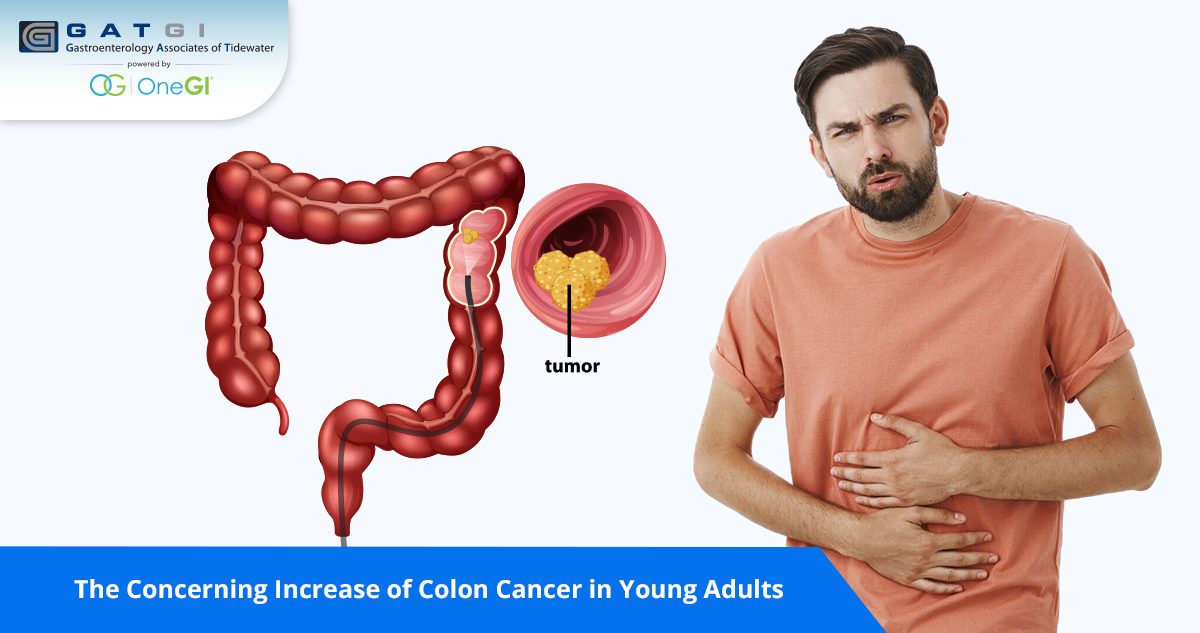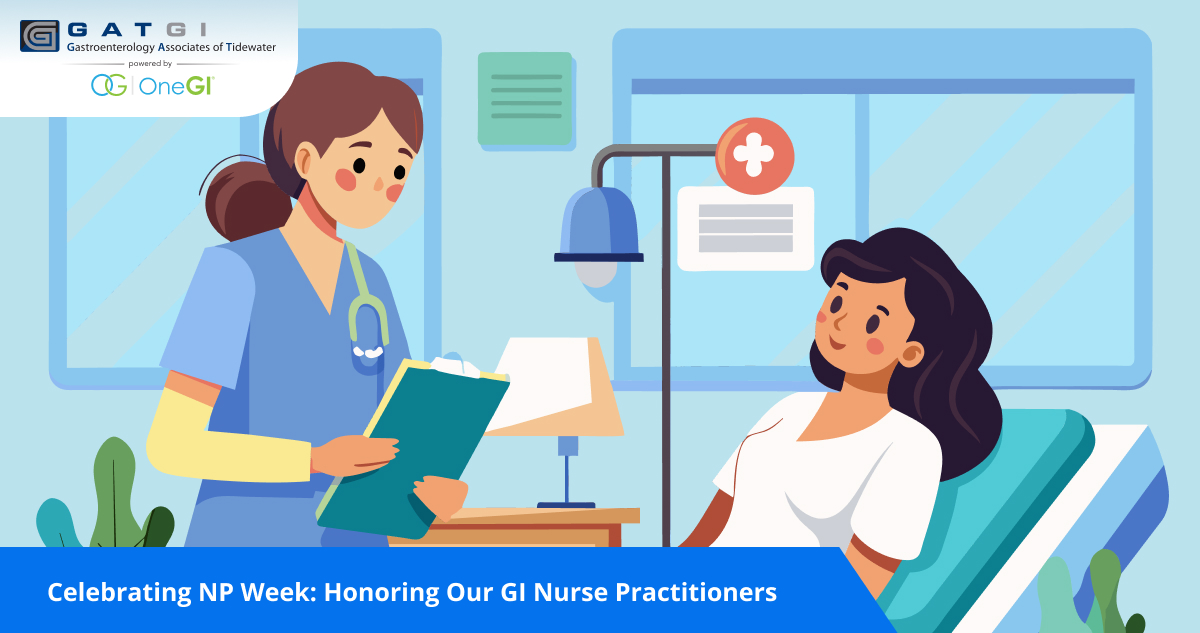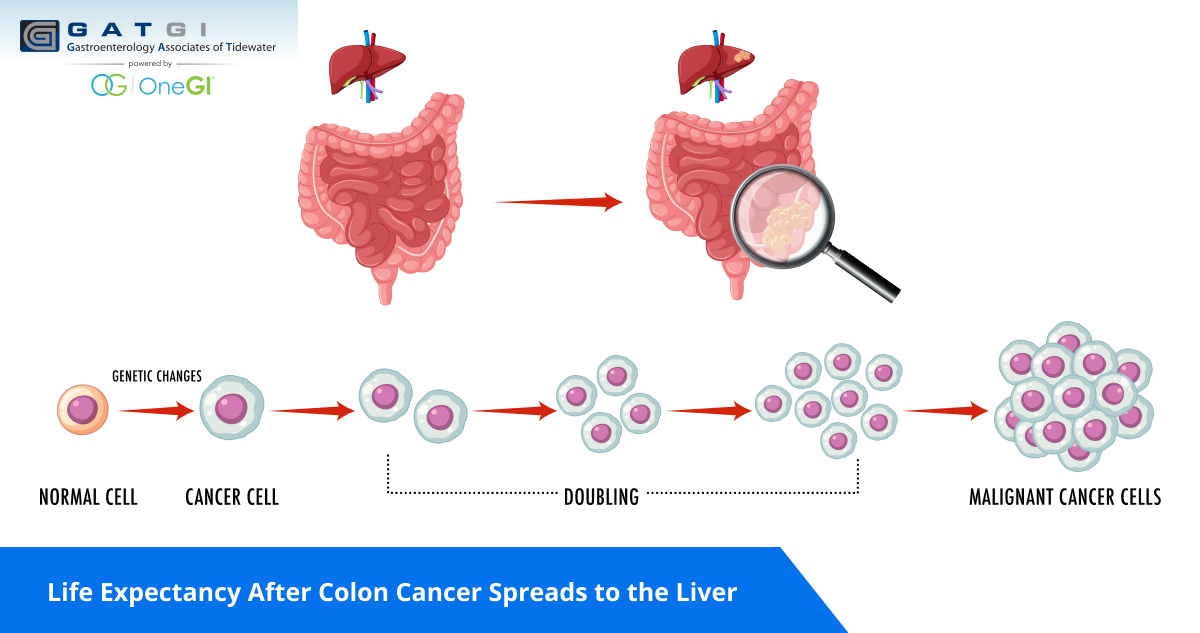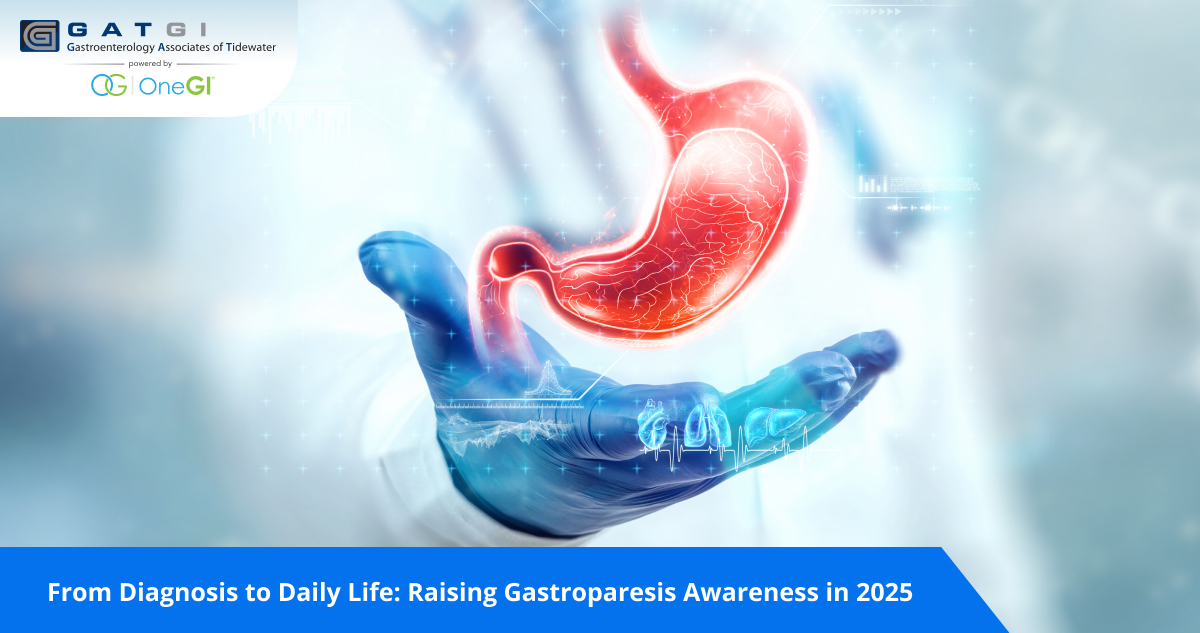Colon cancer or colorectal cancer, once considered a disease affecting adults over 50 years old, is now alarmingly on the rise among the younger population. Understanding this trend is crucial as it directly impacts their health outlook. This blog post will explore why colorectal cancer is increasing in younger people and what can be done to prevent it.
Colorectal cancer is a type of cancer that begins in the colon or the rectum, which are parts of the large intestine and the digestive system. It generally starts as small, noncancerous clumps of cells called polyps that form on the inside of the colon or rectum. Over time, some of these polyps can develop into cancer. Symptoms may not appear until the disease has progressed, but they can include changes in bowel habits, persistent abdominal discomfort, and unexplained weight loss. Early detection through screening is crucial, as it significantly increases the chances of successful treatment and can even prevent the cancer from developing by removing polyps before they become cancerous.
Table of Contents
Understanding Early-Onset of Colon Cancer
Early-onset colorectal cancer refers to colon cancer in young adults diagnosed before age 50. This shift has raised concerns among medical professionals and highlights why understanding colon cancer risk factors in young adults is increasingly important.
Why Colon Cancer Is Rising Among Young People
The colon cancer among younger demographics is a concerning trend that has garnered attention from health experts worldwide. Typically, colorectal cancer is most common in individuals over 50, but recent studies indicate a shift in this pattern. The question arises – why is colon cancer rising among young people, and why are young people getting colon cancer at higher rates?
There is a particularly concerning pattern behind this shift. Colon cancer rates among adults under 50 are rising by approximately 2% each year, even as incidence continues to decline in older populations.
Researchers believe this divergence is largely driven by modern lifestyle factors, including lower fiber intake, higher consumption of processed foods, physical inactivity, obesity, smoking, and alcohol use.
In some cases, genetic predispositions may further increase vulnerability, contributing to earlier and often harder-to-treat diagnoses and prompting renewed calls for earlier screening.
Recent findings from the National Cancer Database (NCDB) highlight trends in colon cancer diagnoses. The NCDB covers about 74% of all newly diagnosed cancers in the U.S.
- 15% increase in diagnoses for ages 18–50 since 2004
- Only a 3% increase in diagnoses for ages 45–55 during the same period
- Colorectal cancer is now the leading cause of cancer deaths in men under 50
- Colorectal cancer is the second leading cause of cancer deaths in women under 50
Additional national and global data reinforce these trends:
- Incidence rates of colorectal cancer in adults under 50 have nearly doubled since the early 1990s
- Approximately 10–20% of all colorectal cancer cases are now diagnosed in people younger than 50
- Colorectal cancer has become the leading cause of cancer-related death in men under 50 and the second leading cause in women under 50 in the United States
These statistics further emphasize why increased awareness and prevention efforts are urgently needed. This spike underscores the urgency of awareness and prevention.
Key Factors Driving the Increase in Young Adult Colon Cancer
Several factors help explain what causes colon cancer in young adults. Lifestyle, dietary, genetic, and environmental influences play significant roles.
Contributing factors include:
- Diets high in red and processed meats and low in fiber
- Sedentary lifestyle and obesity
- Smoking and excessive alcohol consumption
- Environmental exposure to pollutants and toxins
- Family history and inherited genetic mutations
Understanding these colon cancer risk factors in young adults helps clarify why early-onset colorectal cancer is becoming more common.
Common Symptoms Young Adults Should Not Ignore
Colon cancer symptoms in the 30s and 40s are often subtle and may be mistaken for common digestive issues. Being aware of the signs of colon cancer in young adults can lead to earlier diagnosis.
Symptoms may include:
- Changes in bowel habits
- Blood in the stool
- Persistent abdominal pain or cramping
- Unexplained weight loss
- Ongoing fatigue
Recognizing these warning signs is critical, as symptoms of colon cancer in young adults are frequently overlooked.
Why Colon Cancer Often Goes Undiagnosed in Young Adults
Colon cancer is frequently missed in younger patients because symptoms are attributed to stress, diet, or benign conditions. Lower screening rates and a lack of awareness contribute to delayed diagnosis and advanced disease stages.
This diagnostic delay is especially alarming because many younger patients are diagnosed at later stages, when treatment options may be more aggressive and outcomes less favorable. Symptoms such as rectal bleeding, abdominal pain, or persistent bowel changes are frequently misattributed to hemorrhoids, irritable bowel syndrome, or dietary stress, allowing the disease to progress unnoticed.
The Importance of Early Detection
Early detection of colorectal cancer is vital in improving outcomes and reducing mortality rates. Regular screenings are crucial for identifying precancerous polyps and cancerous cells at early stages. According to the American Cancer Society, individuals at average risk should begin screening at age 45. However, those with a family history or genetic predisposition may need to start earlier.
Screening methods, including gastroenterology tests and procedures, encompass stool-based tests, colonoscopies, and visual exams like CT colonography. Colonoscopies remain the gold standard for colon cancer screening.
Knowing that prevention begins with awareness, healthcare providers encourage people of all ages to stay vigilant about changes in their bowel habits, such as bleeding or persistent issues like constipation or diarrhea. Reporting these changes to healthcare providers for evaluation can significantly aid early detection.
If you are experiencing symptoms or meet risk criteria, it is important to schedule a colonoscopy with a qualified specialist.
Screening Recommendations for Adults Under 50
- Average-risk adults should begin colorectal cancer screening at age 45, according to the American Cancer Society and U.S. Preventive Services Task Force.
- Adults under 45 may need earlier screening if they have symptoms, a family history of colorectal cancer, or genetic conditions such as Lynch syndrome.
- Common screening options include stool-based tests, colonoscopy, and other gastroenterology tests and procedures, with colonoscopy considered the most comprehensive.
- Young adults experiencing warning signs should not delay evaluation and should discuss individualized screening plans with a gastroenterologist.
How Young Adults Can Reduce Their Risk: Tips for Maintaining a Healthy Lifestyle
For young adults interested on reducing their risk of colorectal cancer, adopting a healthier lifestyle is key. Here are some actionable tips:
- Dietary Changes: Incorporate more fruits, vegetables, and whole grains into your diet while limiting red and processed meats. Foods high in fiber can aid digestion and promote gut health.
- Exercise Regularly: Aim for at least 150 minutes of moderate exercise per week. Physical activity can help maintain a healthy weight and reduce cancer risk.
- Avoid Harmful Substances: Limit alcohol consumption and avoid smoking. Both have been linked to an increased risk of colorectal cancer.
In addition to healthy lifestyle choices, young adults should prioritize understanding their personal and family medical history and discussing it openly with their healthcare provider to lower colon cancer risk in young adults.
Being attentive to persistent gastrointestinal symptoms and seeking timely medical evaluation can make a meaningful difference. As colorectal cancer rates rise in younger populations, screening guidelines continue to evolve, with many organizations now recommending screening begin at age 45 for average-risk individuals and earlier for those with symptoms or elevated risk.
FAQs
What age is considered early-onset colon cancer?
Early-onset colorectal cancer typically refers to diagnoses occurring before age 50, when routine screening traditionally began for average-risk individuals.
Is colon cancer more aggressive in young adults?
Colon cancer in young adults can appear more aggressive due to delayed diagnosis, often being detected at later stages, rather than biological differences alone.
Can young adults get colon cancer even without a family history?
Yes, many young adults diagnosed with colon cancer have no family history, indicating that lifestyle and environmental factors play a significant role.
What are the early signs of colon cancer in young people?
Early signs include changes in bowel habits, blood in stool, abdominal pain, fatigue, and unexplained weight loss that persist over time.
Can healthy young adults still get colon cancer?
Yes, even physically active individuals with healthy diets can develop colon cancer, making awareness and symptom monitoring essential.
When should young adults get screened for colon cancer?
Average-risk adults should begin screening at age 45, while those with symptoms or risk factors may need earlier evaluation.
How can young adults reduce their risk of colon cancer?
Maintaining a high-fibre diet, exercising regularly, avoiding smoking, limiting alcohol, and following screening recommendations lowers risk.
Why is colon cancer often missed in younger patients?
Symptoms are frequently misattributed to less serious conditions, and younger adults are less likely to undergo early screening.
What should I do if I notice blood in my stool or unusual digestive symptoms?
Contact a healthcare provider promptly for evaluation, as early assessment can detect or rule out serious gastrointestinal conditions.
Awareness and Prevention Start Early
The rise of colon cancer in young adults emphasises the need for education, early screening, and proactive healthcare. Understanding symptoms, risk factors, and prevention empowers individuals to protect their long-term digestive health.
We urge you to prioritize your health by gaining more information and support. Spread awareness among your peers and don’t hesitate to contact healthcare professionals for personalized advice. If you have concerns about your digestive health, schedule an appointment with a gastroenterologist at Gastroenterology Associates of Tidewater by calling (757) 547-0798. To schedule a colonoscopy, visit the Open Access page.







